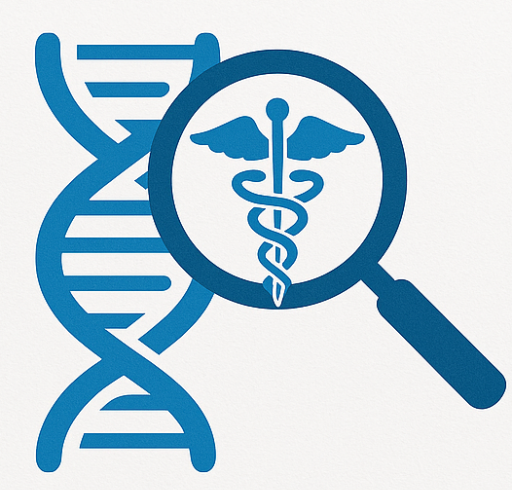Introduction to IDH1/IDH2
The Isocitrate Dehydrogenase 1 and 2 (IDH1/IDH2) genes encode metabolic enzymes that:
- Normally convert isocitrate to α-ketoglutarate (α-KG) in the TCA cycle
- Play key roles in:
- Cellular metabolism
- Epigenetic regulation
- Redox balance
Prevalence of IDH Mutations in Cancer
IDH mutations occur in multiple cancer types with varying frequencies:
| Cancer Type | Mutation Frequency | Dominant Mutation |
|---|---|---|
| Gliomas (Grade II-IV) | 70-80% (Grade II/III) | IDH1 R132H (90%) |
| Acute Myeloid Leukemia (AML) | 15-20% | IDH2 R140Q/R172K |
| Chondrosarcoma | 50-60% | IDH1/2 (R132/R172) |
| Intrahepatic Cholangiocarcinoma | 20-30% | IDH1 R132C |
| Thyroid carcinoma | 5-10% | IDH1 R132H |
Note: IDH1 mutations are more common in solid tumors, while IDH2 predominates in hematologic malignancies
Mechanism of Oncogenesis
1. The Neomorphic Enzyme Activity
- Wild-type IDH: Converts isocitrate → α-KG (produces NADPH)
- Mutant IDH (R132/R140/R172):
- Gains new function to convert α-KG → 2-hydroxyglutarate (2-HG)
- 2-HG acts as an oncometabolite
2. Key Oncogenic Effects
- Epigenetic Dysregulation:
- 2-HG inhibits α-KG-dependent dioxygenases:
- TET family → blocks DNA demethylation
- JMJD histone demethylases → increases repressive marks
- 2-HG inhibits α-KG-dependent dioxygenases:
- Impaired Differentiation:
- Blocks cellular maturation (e.g., myeloid differentiation in AML)
- Genomic Instability:
- Altered homologous recombination repair
- Therapeutic Vulnerability:
- Creates dependence on mutant IDH pathway
